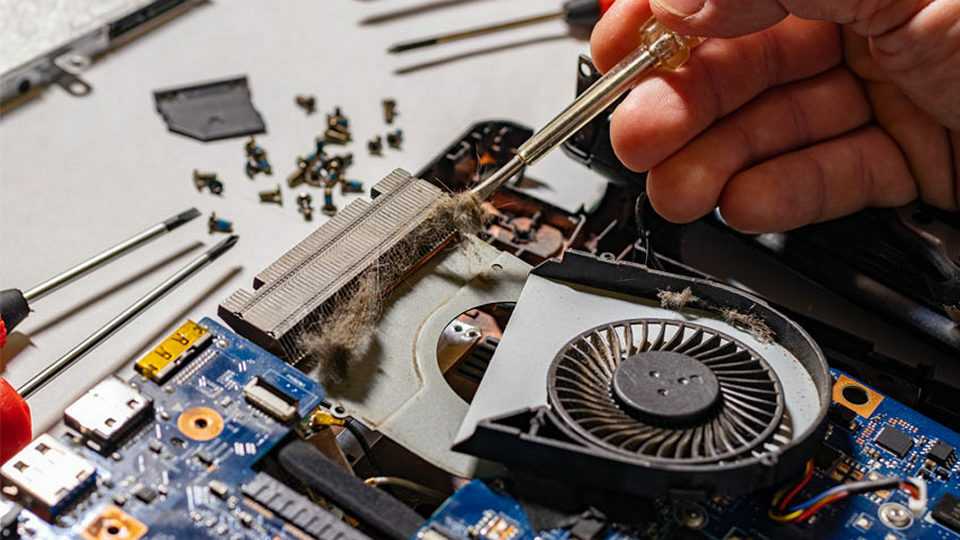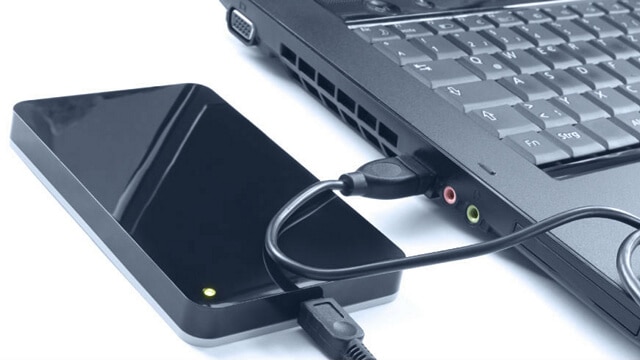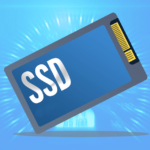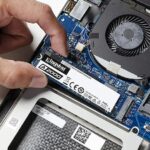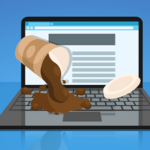Let’s review what you should do, when you should do it, and what you can do yourself vs getting it serviced.
DIY - Backups!
This is the most important task you can easily do yourself.
Ensure that your backups are functioning as intended. It's common to assume their established backup schedule is still operational, only to discover later that backups have stopped due to some errors or running out of free hard drive space. Regular checks are crucial to prevent data loss.
Please do backups regularly and make sure they actually run, at least once a month.
DIY - Keep Software Updated
It's crucial to ensure that updates are applied automatically. Windows is a prime target for hackers, making it essential to keep it up to date with the latest fixes to safeguard your computer against potential exploits.
Web browsers such as Microsoft Edge, Google Chrome or Firefox also update automatically every few weeks.
Strangely enough, updates rarely happen automatically on older MacOS versions. We often see people who ignore the update notifications, even though they are "right in your face".
DIY - Check Your Antivirus
Like updates, this is often a "set and forget" task. However, we frequently see expired trials or premium subscriptions for antivirus suites like Norton and McAfee. They will often be asking for renewals or updated credit card information, but people just tend to ignore those.
If you get annoyed with constant pop-ups and warnings, consider replacing your antivirus with something that does its job without upselling or trying to scare you into buying more stuff.
Possibly DIY - Uninstall the Software You’re not Using
You probably have a dozen or more programs that you never use anymore. All these take up space on your system drive, and could potentially become a security risk if you don't update them regularly.
It's easy to uninstall them by right-clicking on the Start Menu -> Installed Apps. You'll probably see a lot of programs that you don't recognize, so if you are not sure which ones are ok to remove, we can do it for you.
DIY - Review Startup Programs
This task has the biggest impact on when your computer restarts and becomes ready to use. Not everything that runs automatically actually needs to do it. Things like Microsoft Teams, Spotify, Steam and other game launchers are especially annoying. Unless you actually use these frequently, we suggest disabling them in Task Manager -> Startup Apps
Bring it in - Physical Cleaning
Dust is a significant threat to your computer's performance and longevity. It leads to overheating and noise, which results in reduced lifespan and sometimes system crashes. These can be DIY if you have a desktop. It's harder to properly clean laptops, so bring it in.
The frequency of cleaning depends on the environment where your computer is situated. If you share your space with pets, you'll likely need to clean more frequently compared to environments without pets. We suggest doing it at least once a year or two. Gaming computers need it done more frequently.
Unnecessary Tasks
These are things that were once needed that no longer apply or things promoted as being needed that never really were.
- Disk Defragmentation was common over a decade ago when most computers still had hard drive. It's actually done automatically since Windows 7. It's unnecessary and even dangerous to do it on Solid State Drives.
- Registry Cleaners were never really needed — certainly not in any routine fashion. In rare cases, when tracking down a problem they may add some value, but it’s most definitely not something we ever recommend
- Driver Updates usually happen automatically. Unless you are a gamer, there is no need to ever check those. The only exception is when you reset the computer to factory settings or reinstall the operating system.
Conclusion
Is everything we’ve listed above absolutely necessary? Of course not. Your computer will likely work without any issues for a few years. However, periodic maintenance will result in a faster, more stable, longer-lasting Windows experience.

